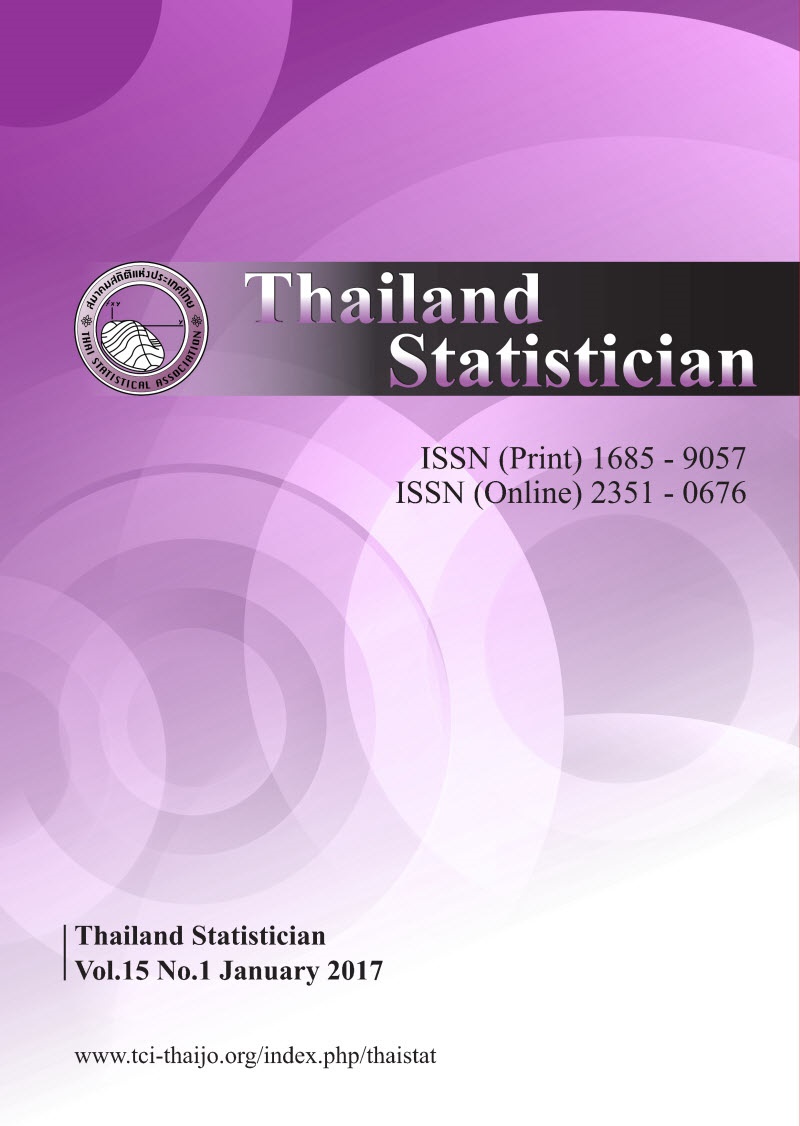A Comparative Study on Prediction Accuracy of Statistical Models for Modeling Deterministic Output Responses
Keywords:
Kriging model, response surface methodology, radial basis function, optimal latin hypercube design, computer simulated experimentsAbstract
The aim of this paper is to compare the prediction accuracy between three popular statistical models named Response surface methodology (RSM), Kriging model (KRG), and Radial basis function model (RBF). These models have been extensively used for modeling the responses from computer simulated experiments (CSE) along with various classes of design. A selection of design to run CSE is critical for prediction accuracy of the approximation model. In this paper, three main classes of design namely Latin hypercube design (LHD), and two classical designs, Central composite design (CCD) and Fractional factorial design (FFD) have been used to fit the models. The prediction accuracy of each model is validated using different nonlinear test problems ranging from 2 to 10 input variables. The comparative studies are employed through the root mean square of error (RMSE) values. The results indicate that RSM performs best when the optimal Latin hypercube design is used with non-complex problem. In the case of complex problem, KRG and RBF models are superior over RSM. Furthermore, when the classical designs are used, RBF model performs best in terms of prediction accuracy.Downloads
How to Cite
Yosboonruang, N., Na-udom, A., & Rungrattanaubol, J. (2015). A Comparative Study on Prediction Accuracy of Statistical Models for Modeling Deterministic Output Responses. Thailand Statistician, 11(1), 1–15. retrieved from https://ph02.tci-thaijo.org/index.php/thaistat/article/view/34212
Issue
Section
Articles




